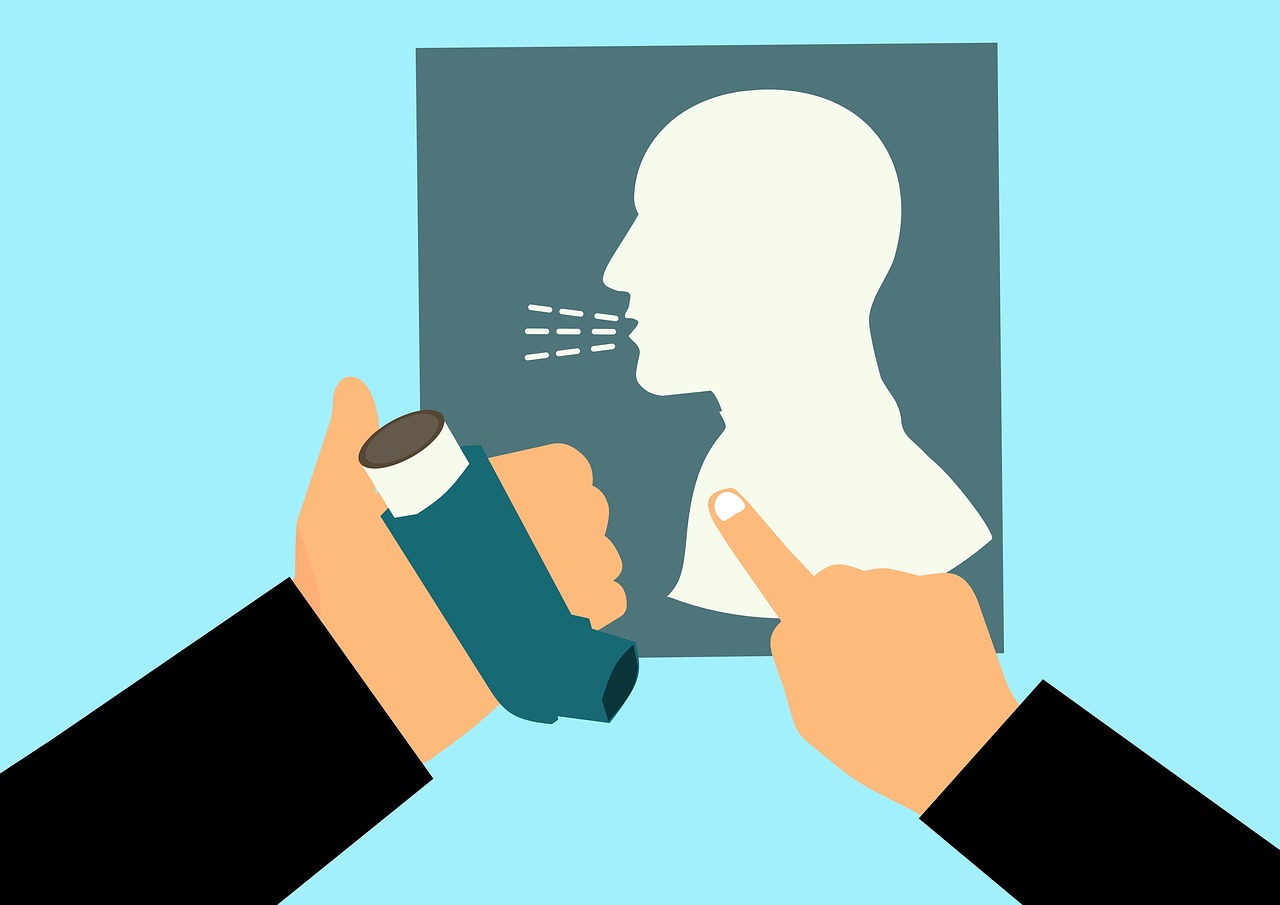Are asthma and COPD patients more susceptible to infection with COVID-19 or have worse outcomes? A new research platform will seek answers to the respiratory puzzles of the pandemic
It’s still unclear whether asthma and COPD patients are more susceptible to infection with COVID-19 or whether they have worse outcomes, because the data is so confounded.
Professor David Price, founder of Optimum Patient Care and editor of Allergy & Respiratory Republic, told OPC’s virtual education event Air Time on Saturday that respiratory physicians had feared for their patients at the start of the COVID-19 pandemic.
A large proportion of exacerbations in COPD and asthma were triggered by viral infections, especially in people with allergic asthma.
“We were very worried about our patients with both asthma and COPD,” Professor Price said. “Was there going to be a massive increase in these patients having flare-ups?
“Well, talking to the experts who’ve managed patients on the front line, they have not particularly seen worse things [in] asthma or COPD associated with COVID-19 infections. In other words, [the asthma/COPD patients] who got COVID-19 had just the same disease as people who didn’t have asthma or COPD.
“But obviously the patients with underlying COPD have a much worse lung function and therefore are much more at risk from that point of view when they get COVID-19.”
He cited US data showing that people with COPD made up 7% of non-hospitalised COVID-19 patients, 15% of the hospitalised and 21% of the ICU cases.
UK data showed that asthmatics made up 7% of COVID-19 deaths, while they account for only 6.1% of the general population. With COPD the overrepresentation was much greater, with COPD patients accounting for 15% of the mortality and only 2% of the population – though this could be confounded by age.
Another huge confounder in this data was the possibility that asthma and COPD patients shielded themselves from infection more carefully than the general population.
There was also probably a population that hunkered down with their COVID-19 infection and did not tell the authorities. Testing was far less common in the UK than Australia, he said, thanks to a culture in which it was regarded as a waste of resources.
Other data showed that low eosinophil counts were associated with worse COVID-19 outcomes and that oral steroids appeared to prolong viral replication.
“So the very important advice is that oral steroids should not be given unless the asthma or COPD merits it,” he said. “‘Better take some steroids just in case’ – that is the incorrect approach. There really does need to be a proper consultation, and justification.”
Inhaled steroids were another matter, with some preliminary data suggesting they were protective – “But I have to say we are in an evidence-free zone.”
He said his company OPC (host of this event) was launching a research platform called EPIC to try to answer this and other outstanding questions.
The advice was to continue with prescribed medications, and in fact there had been a run on asthma inhalers in the UK, leading to a paradoxical reduction in asthma attacks: “All those patients who had been non-adherent suddenly became adherent. Anecdotally – we haven’t seen the hard data yet – asthma exacerbations are actually falling during COVID-19 because more people are taking their medicines.”
Professor Price said the single most important therapeutic intervention was smoking cessation, since infections and mortality were clearly higher in smokers.
“My number one message is smoking: it’s desperately important that people stop smoking if they can.
The complete suspension of face-to-face care in the UK had seen a spike in telehealth, for which he had been advocating for many years. His own work had showed that asthma patients turned up more to remote appointments, often preferred them and achieved similar outcomes.
British respiratory physician Dr Omar Usmani, who has seen treated large numbers of patients during London’s out-of-control outbreak, said underrecognised symptoms included anosmia, chest pain – not just tightness or shortness of breath – and GI upset.
He described the difficulties of treating patients without being able to communicate through PPE, and said the pandemic had created “overwhelming” hardships, with families having to farewell loved ones at the ambulance because they were banned from visiting hospitals.


